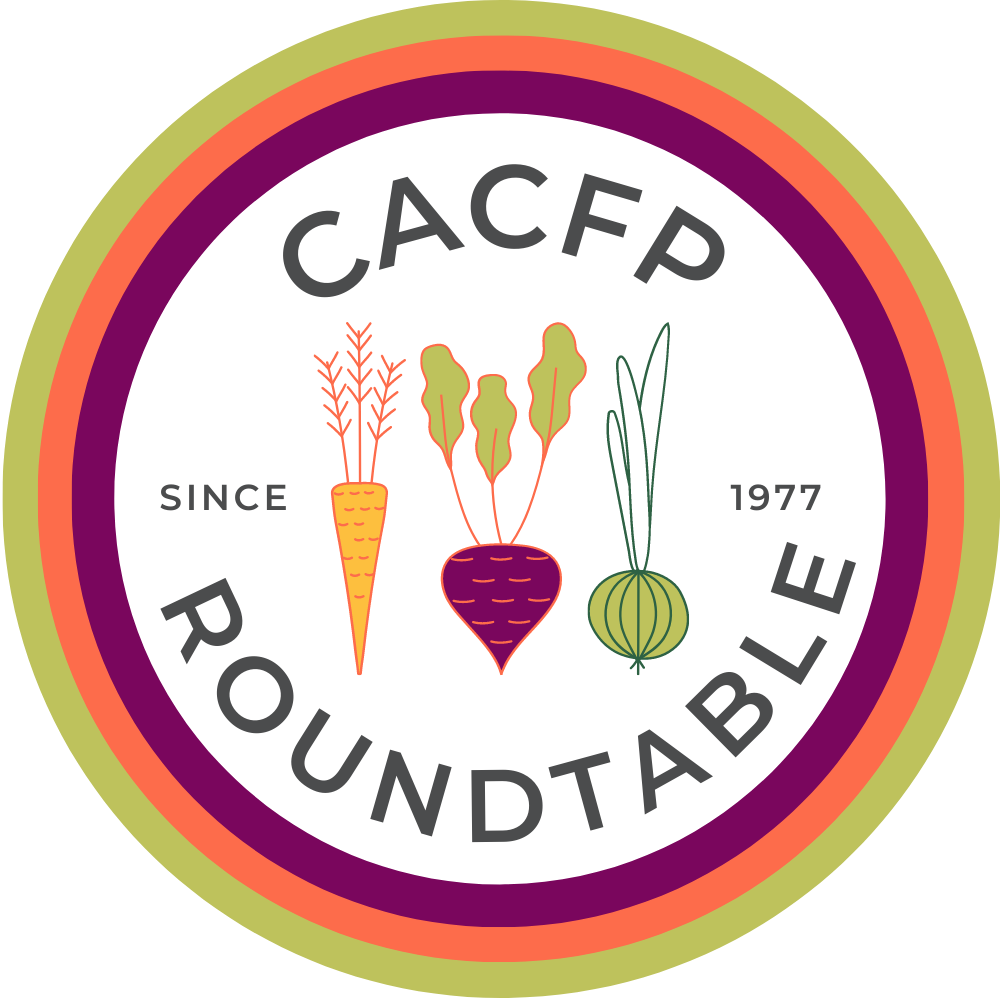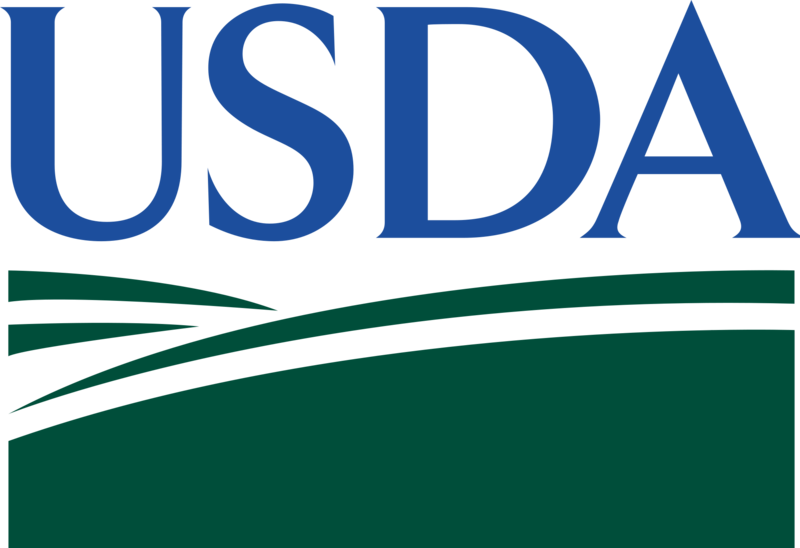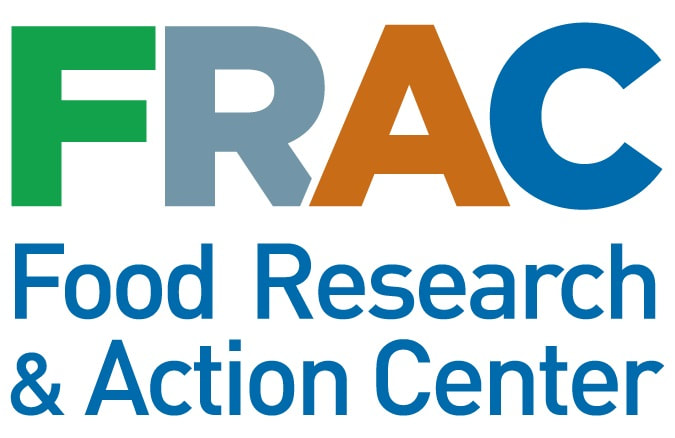|
Time to use your VOICE. It Matters. This rule proposes to codify several provisions of the Healthy, Hunger-Free Kids Act of 2010 affecting the integrity of the Child Nutrition Programs, including the National School Lunch Program (NSLP), the Special Milk Program for Children, the School Breakfast Program, the Summer Food Service Program (SFSP), the Child and Adult Care Food Program (CACFP) and State Administrative Expense Funds. The Department is proposing to establish criteria for assessments against State agencies and program operators who jeopardize the integrity of any Child Nutrition Program; establish procedures for termination and disqualification of entities in the SFSP; modify State agency site review requirements in the CACFP; establish State liability for reimbursements incurred as a result of a State's failure to conduct timely hearings in the CACFP; establish criteria for increased State audit funding for CACFP; establish procedures to prohibit the participation of entities or individuals terminated from any of the Child Nutrition Programs; establish serious deficiency and termination procedures for unaffiliated sponsored centers in the CACFP; eliminate cost-reimbursement food service management company contracts in the NSLP; and establish procurement training requirements for State agency and school food authority staff in the NSLP. In addition, this rulemaking would make several operational changes to improve oversight of an institution's financial management and would also include several technical corrections to the regulations. The proposed rule is intended to improve the integrity of all Child Nutrition Programs. There are two ways to submit comments:
Submit: https://www.regulations.gov/#!submitComment;D=FNS-2016-0040-0001 Follow the online instructions for submitting comments. 2. Mail: Comments should be addressed to Andrea Farmer, Chief, School Meal Programs Branch, Policy and Program Development Division, Child Nutrition Programs, Food and Nutrition Service, Department of Agriculture, 3101 Park Center Drive, Alexandria, Virginia 22302–1594. The following comment letter was drafted by a team led by the Geri Henchy, Food and Research Action Center Andrea Farmer, USDA Dear Ms. Farmer: Thank you for this opportunity to provide comments on the proposed Child Nutrition Program Integrity rule. Maintaining integrity is best served by a balanced effective approach that employs mechanisms to preserve integrity and access to the programs. To ensure the continued success of the programs, I offer the following recommendations.
The serious deficiency process needs to be thoroughly evaluated and reformed prior to expanding it to SFSP and unaffiliated sponsored centers. Thank you for your consideration of these comments.
0 Comments
Leave a Reply. |
||||||



